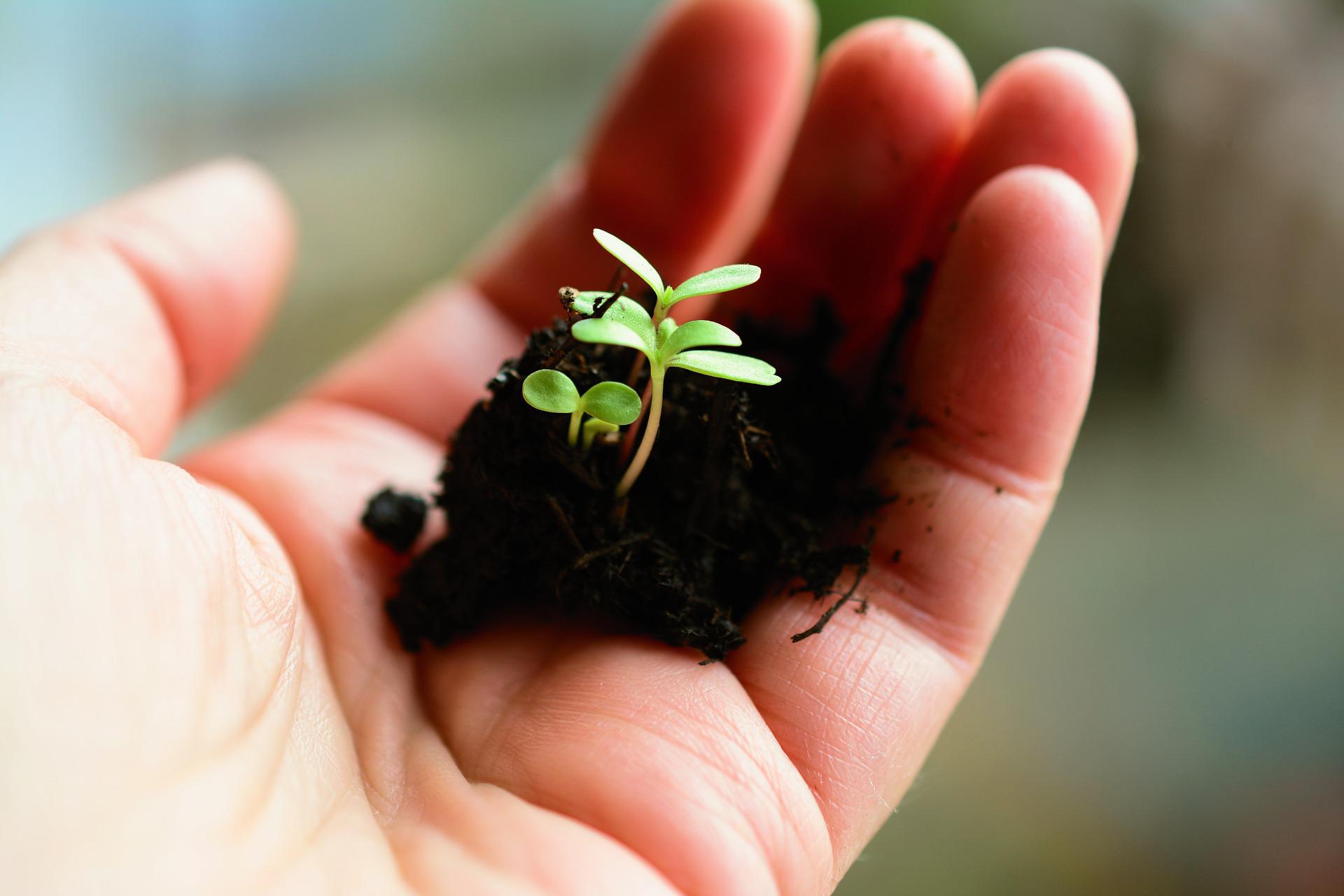The past five decades have seen a dramatic shift in consumer attitudes about agriculture and food. Things look different than they did years ago and nostalgia for yesteryear is strong. “Why can’t we just go back to the way things were?”
As our systems have changed, consumers have grown leery and the idea that we continue to incorporate new technology is scary to many. We continue to see an erosion of the historical trust and respect that farmers and food producers once enjoyed as consumers view much of today’s food production with skepticism—and they’re not fans of “Big Food.”
But the loss of trust didn’t happen overnight. The trend can be traced back to the ‘60s—a time of dramatic social and political upheaval in the U.S.
Robert Kennedy Jr. and Martin Luther King were both assassinated in 1968, the same year protestors were attacked by police at the Democratic National Convention in Chicago. The Vietnam War was raging as opposition to the war rapidly escalated back home.
The frequency and visibility of violations of public trust by government, military, business and religious institutions has been consistent enough over the last 50 years to feed broad public skepticism about whether or not institutions are worthy of trust.
The lyrics of the Billy Joel song “We Didn’t Start the Fire” consist of rapid allusions to more than 100 compelling people and significant events that had taken place during his lifetime, a list that includes human failures, tragedies and corruption contributing to disillusionment and mistrust of institutions. Such a list, dating back to the pivotal 1960s, is easy to compile: Watergate, Three Mile Island, Exxon Valdez, Jim Bakker, Iran-Contra, Worldcom, Enron, the BP oil spill, John Edwards, Tiger Woods, Joe Paterno, Congressional gridlock, and government shutdowns just to name a few.
What does this have to do with agriculture and the food system? Over the same timeframe, they’ve become more consolidated and integrated. The Top 20 food retailers now sell two-thirds of the groceries. Three companies control 89 percent of soft drink sales. Four packers produce 85 percent of the beef, and a handful of companies control much of the global seed market.
Agriculture has applied technology that makes farming look drastically different than it did 50 years ago. Seed has been developed that is resistant to herbicide to increase productivity and improve the environment. Farm machinery as big as houses uses GPS systems to navigate farm fields with ease and efficiency. Livestock and poultry are raised indoors—and on a scale that would boggle the minds of our grandparents.
Consumers are scratching their heads: “What happened?” There’s a growing belief that today’s food system has become an institution, coupled with a cultural suspicion that “Big Food” is out of touch with the values of consumers and likely to put profit ahead of public interest.
No, we didn’t start the fire, but we certainly can take steps to douse the flames of skepticism—but it won’t happen overnight.
Consumer attitudes can shift very quickly, but long-term changes in public perception occur over time. That means we need to be more transparent and more proactive about engaging—addressing concerns and answering questions. At the same time, we need to be patient, diligent and committed to building public support for the technology that’s changing what we do and how we do it.
Building trust boils down to doing a better job of connecting the dots between technology and specific benefits to society, such as resistance to diseases and pests which helps keep healthy food affordable, reduced use of natural resources like land and water, and potentially more direct consumer benefits like longer shelf life or enhanced nutrition.
Agriculture and the food system need to update their approach to building trust. We’ve largely relied on science to guide our actions. Public approval is not based on science alone.
Consumers aren’t interested in the science if they don’t first believe that we share their values—that we’re doing the right things for the right reasons and that our actions benefit society as much as they contribute to the bottom line.
A peer-reviewed and published trust model from the Center for Food Integrity proves that demonstrating we share the same values as the public is three- to five times more important in building trust than demonstrating technical competency through science. In short, people don’t really care how good you are at doing something until you’ve proven you have their best interests at heart.
For more information on the Center for Food Integrity consumer research, log on to www.foodintegrity.org/research.
Charlie Arnot, CEO, The Center for Food Integrity













